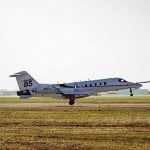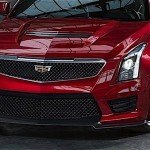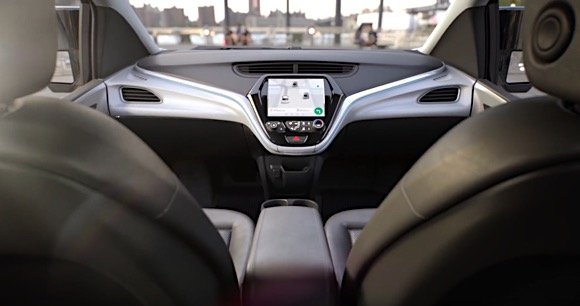
Autonomous vehicles are not an entirely new concept. Vehicle manufacturers have been working on designs for years. However, General Motors has unveiled plans to mass-produce autonomous vehicles that lack controls such as steering wheels and pedals by 2019. The car will be the company’s fourth generation of driverless electric Chevy Bolts.
The company has plans to use its driverless vehicles as the next generation of ride-hailing vehicles in highly populated cities. This will see the electric Cruise AV operating within a pre-determined, well-mapped geo-fenced area. A recent report revealed GM’s plans for the ride-hailing service, which will allow users to summon the vehicles via an app similar to other services such as Uber and Lyft.
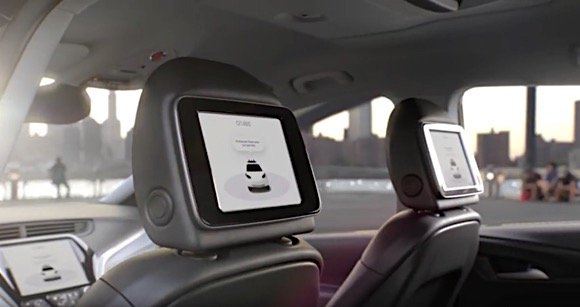
Unlike the others, however, GM’s app will also set climate controls and audio systems to the user’s preferences. The vehicles also include features such as infotainment screens, call center communications that allow users to report issues, and buttons that will stop the vehicle and allow users to exit in the event of an emergency. The vehicle doors will also self-close in the event that users forget to do so themselves. Waymo is preparing to launch its own automated ride-hailing minivans, although they contain traditional controls.
GM President Dan Amman stated, “It’s a pretty exciting moment in the history of the path to wide scale deployment and having the first production car with no driver controls, and it’s an interesting thing to share with everybody.”
General Motors is hoping to outmaneuver the competition by rolling out fully autonomous vehicles in a short timeframe that rivals Ford’s 2021 estimation. Kyle Vogt, chief executive of GM’s Cruise Automation, referred to the creation of a product-ready vehicle with no manual controls as a “major milestone. However, he stated that the car was not expected to be on public roads, even for testing, before 2019, in part due to safety regulations.

General Motors has submitted a petition to the National Highway Traffic Safety Administration, requesting permission to bypass certain federal safety standards. The company claims that it is not seeking exemption from Federal Motor Vehicle Safety Standards but rather a way to “meet that standard in a different kind of way,” according to Amman.
One of the requirements the company is hoping to bypass is that of a steering wheel airbag. While safety is a priority, the company plans to meet requirements in innovative new ways that allow for continued development of the vehicle with its unique designs. Rather than employing a steering wheel airbag, the company plans to replace it with the equivalent of the passenger side airbag. “So, it’s to meet the standards but meet them in a way that’s different than what’s exactly prescribed.”
If the vehicle is approved, it will be the first of its kind to hit the road. The company is also testing versions of the car with controls in San Francisco and Phoenix. These vehicles feature sensors on the roof that will be engineered to pass crash tests with the rest of the vehicle. Additionally, GM’s autonomous vehicles contain two data recorders to store and protect information in the event of a crash. The data includes information from the sensors, vehicle actions, and any malfunctions that occur.
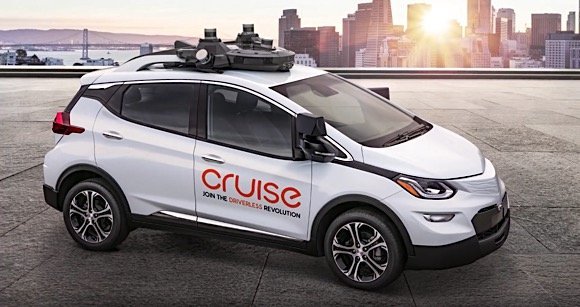
Sources:

























